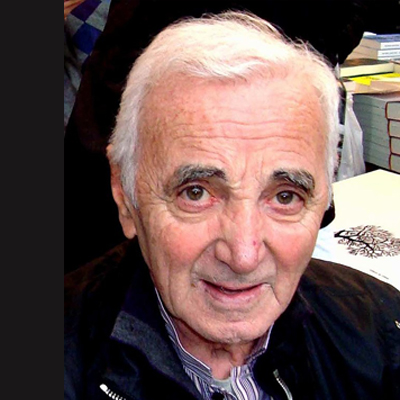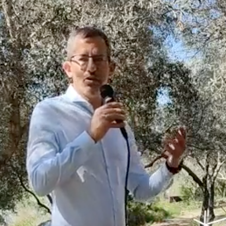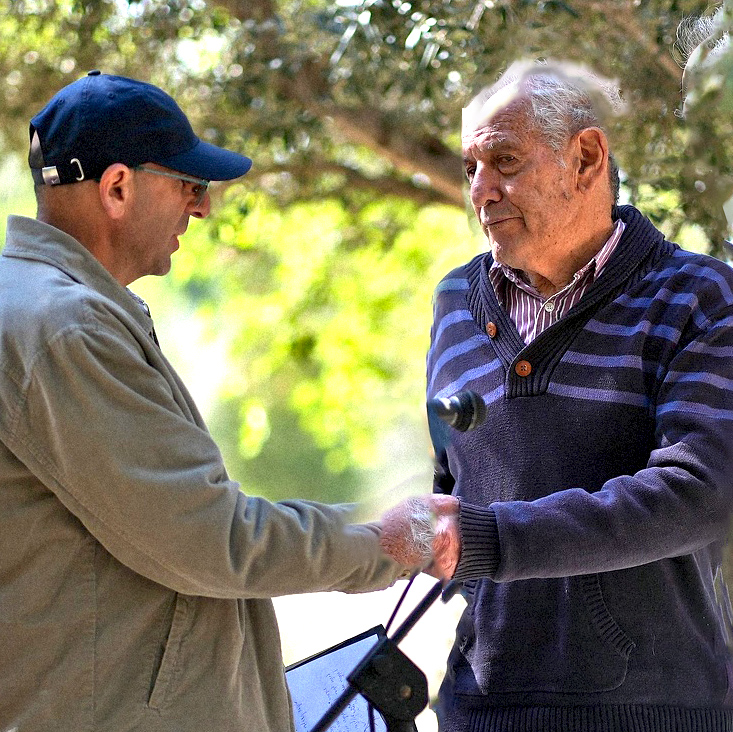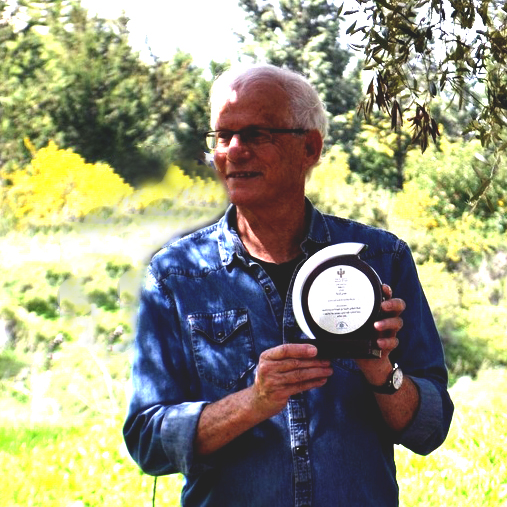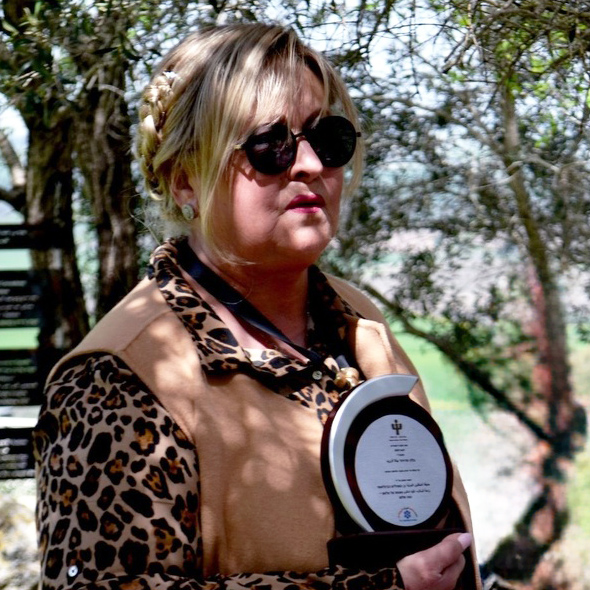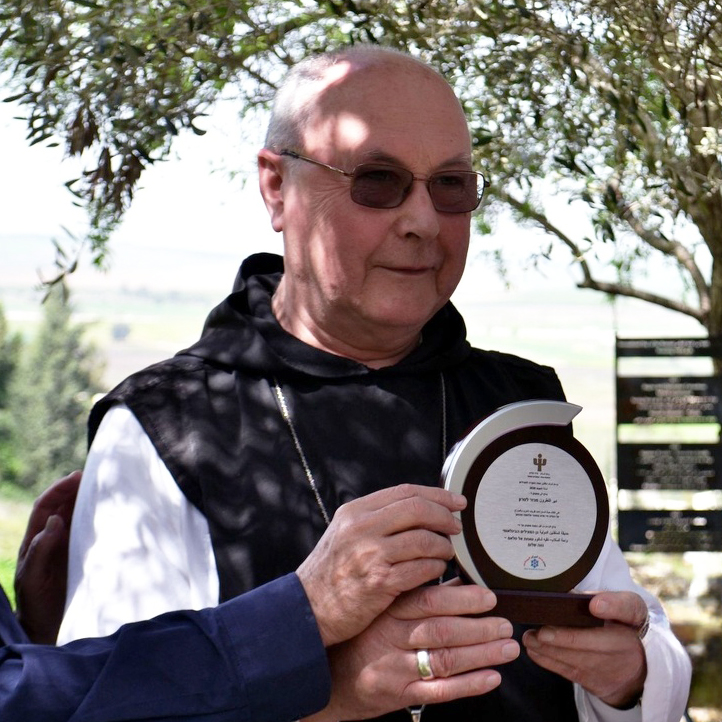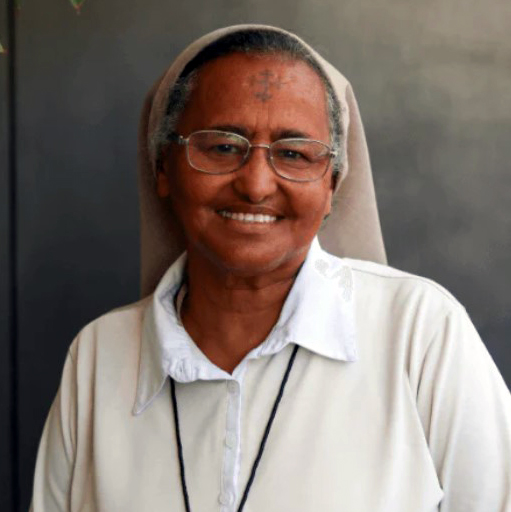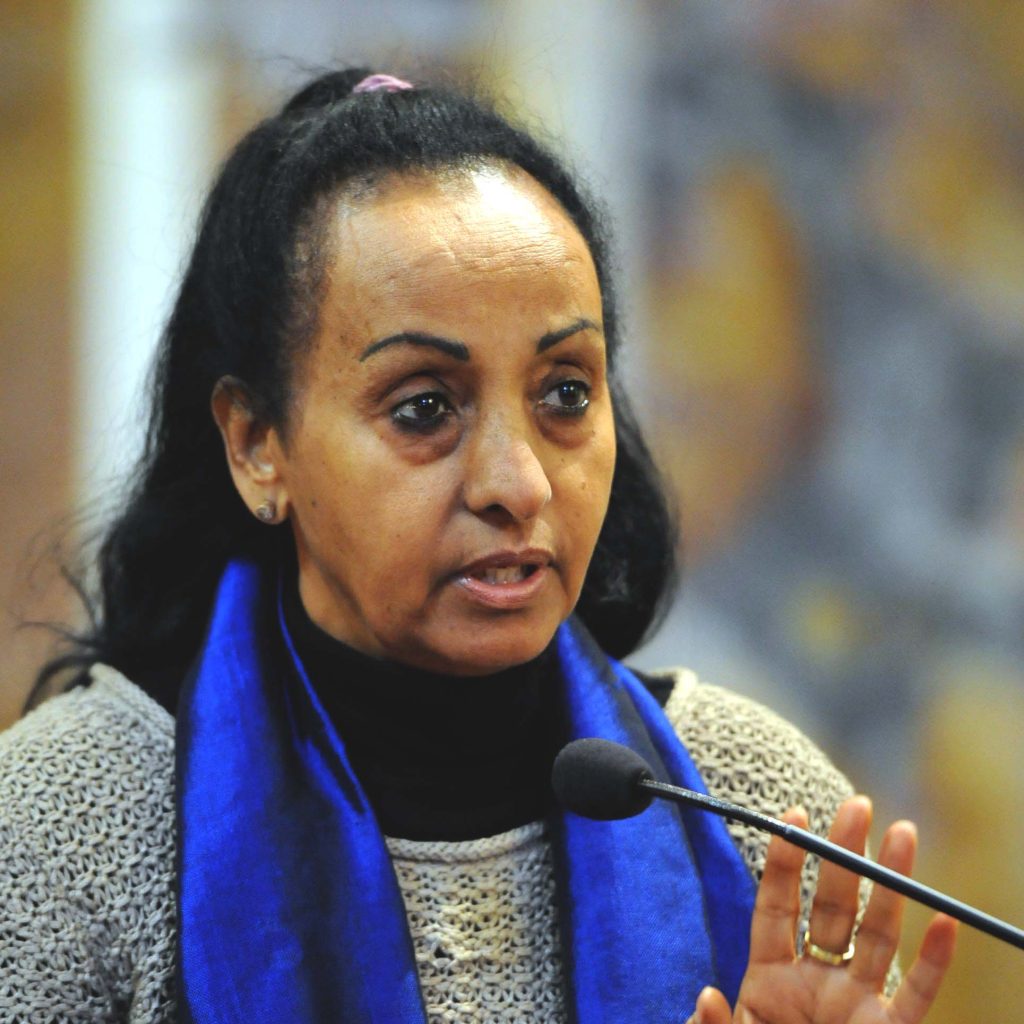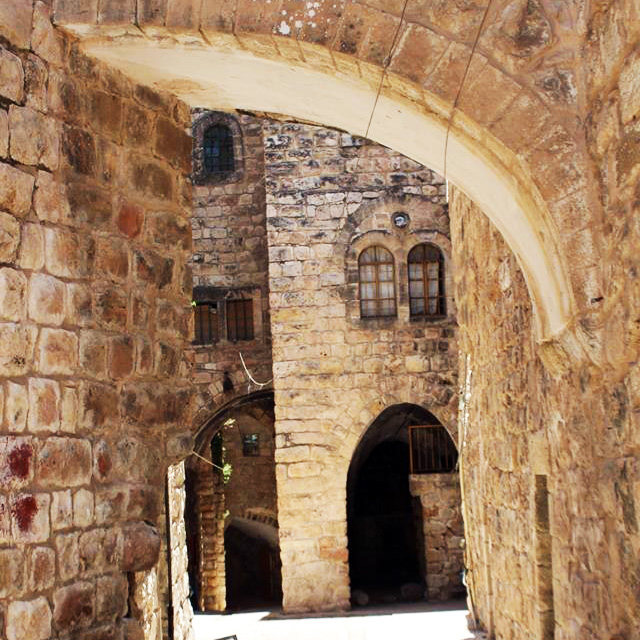Charles Aznavour was renowned for his music, but his life was also one of bravery and dedication to human rights. Born Shahnour Vaghinag Aznavourian in Paris in 1924, he rose from humble beginnings to become one of the most beloved and enduring figures in French music. His journey from the son of Armenian immigrants, who’s mother was a survivor of the Armenian genocide, to a global music icon is a story of resilience, talent, and an unwavering commitment to his roots.
During World War II, Aznavour and his family risked their lives to protect Jews and Armenian refugees in Nazi-occupied Paris. Their home became a sanctuary for those fleeing persecution, with the family providing shelter, false identity papers, and other forms of assistance. These courageous acts of resistance were later honored through a tribute in the Garden of Rescuers. The event, organized by WASNS member Professor Yair Auron and supported by the French Embassy, celebrated the Aznavour family’s bravery. At the ceremony, Charles Aznavour received special recognition not just as a legendary singer, but as a symbol of moral courage. The event was attended by hundreds, including France’s ambassador to Israel, Hélène Le Gal, and featured moving performances by artists such as Achinoam Nini, Gil Dor, and Armenian singer Ashut Gasparian.
Aznavour’s music, characterized by its emotive storytelling and rich, expressive voice, resonated across the world, earning him comparisons to Frank Sinatra. With classics like “La Bohème” and “She,” he became an international star, performing in multiple languages and selling over 100 million records. His connection to his Armenian heritage remained strong throughout his life, and he was a passionate advocate for the recognition of the Armenian Genocide.
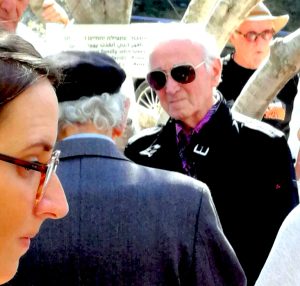
Even in his 90s, Aznavour’s passion for performing never waned. His final concert tour in 2018, just months before his passing, was a testament to his enduring appeal and dedication to his craft. He continued to captivate audiences with his timeless voice and songs that touched on universal themes of love, loss, and nostalgia.
Charles Aznavour’s legacy is a profound blend of artistic brilliance and humanitarianism. He will be remembered not only for his extraordinary contributions to music but also for the bravery and compassion he and his family displayed during one of history’s darkest periods. His story serves as an inspiration, showing how one can use both talent and moral conviction to make a lasting impact on the world.
Why Charles Aznavour was chosen to receive a Special Award in the Garden of Rescuers: From the days when his family risked their lives to save Jews and Armenians to the event in WASNS not long before he passed away, Aznavour remained committed to human rights issues and he used his fame to tell the stories of those murdered in wars.
